Medically Reviewed By | Dr. Kate Panawash, PT, NCS, DPT
Did you know while you sleep, you can recover even faster with Incrediwear? You're optimizing your body's natural recovery process by increasing blood flow and reducing inflammation while at rest. When you wake up in the morning, you'll feel fresh and ready to go. It's like you never even worked out!
View our sleep favorites:


Importance of Sleep
So why is getting enough sleep important after a workout or any other type of demanding physical activity? Many are aware of the effects of deep sleep on mental state — if you’ve ever personally tried to pull an all-nighter before an exam, chances are you’re not feeling too hot the next day. Sleep restores your brain and refreshes your cognition.
But a lot of us don't realize how much of an impact sleep has on other parts of your physiology, including muscle repair, joints, tendons, ligaments, bones, hormones, respiratory function, and more.
When we exert our bodies through physical performance, tissues are broken down — muscles sustain microscopic tears, bone tissue degrades slightly, our heart tires from having to pump harder, ligaments and tendons around joints are stretched out, etc.
As a result of this “damage,” our body deals with it by shifting into repair mode — resources are directed towards replenishing tissues with nutrients, coming back stronger than before.
While this process takes place right after a tough workout when we’re still awake, many resources within the body still have to be used to keep us functioning. The rebuilding really kicks in when we sleep because our systems slow down and leave more regenerative resources available.
Below, we’re taking a look at some of the specific processes that happen while you sleep that help you bounce back from a long day of physical activity.
Sleep Increases Blood Flow
During deeper REM sleep (rapid eye movement), many tissues in the body, including muscles, see a significant uptick in blood flow. Blood brings with it oxygen and nutrients to damaged areas, helping with cellular regeneration, tissue repair, muscle growth, and muscle recovery.
Sleep Secrets Certain Hormones
During some stages of the sleep cycle, including non-REM sleep, your body sends signals to the pituitary gland, activating it to release beneficial hormones. Included in this cascade of healing hormones is HGH or growth hormone. Along with nutrients from the blood, growth hormone aids in cellular repair and tissue regeneration, increasing athletic performance.
Brings Down Inflammation
Tissues become inflamed when damaged during high-intensity workouts; this is your body’s natural sign that it is fighting a cellular problem. During sleep, the body releases another substance called prolactin, which helps to regulate inflammation. Less inflammation means that your body can more efficiently and swiftly recover.
Proper Sleep Reduces Stress Hormones
Stress hormones, like cortisol, are beneficial to your body during physical activity — they help prepare your tissues for exertion. The problem with stress hormones is that they also suppress your immune system. When we get adequate sleep, cortisol levels drop significantly, allowing our immune system to do its job and repair cells.
How Much Sleep To Get
If you are wondering just how much sleep you need to give your body enough time to rest and restore, it might be a little more than you are used to. While the National Sleep Foundation generally suggests adults should get anywhere from seven to nine hours of sleep per night, you should try to extend your time in bed if you are looking to optimize body recovery.
The more sleep you get, the higher levels of HGH and muscle glycogen (the main source of metabolic fuel) you will have running through your body. Additionally, with more sleep, you are less likely to sustain a muscle injury, and more likely you are to reduce any aches or pains in your body. In fact, with an inadequate amount of sleep, your muscle tissue can decrease, resulting in a loss of muscle mass.
While you can’t stay in bed all day, it’s recommended to get anywhere between seven to nine hours of sleep if you want to prioritize recovery.
How To Get Better Sleep for Recovery
People recommend countless tips for getting better sleep, which can feel a little overwhelming. We have rounded up our top five hacks for getting a good night’s sleep.
Technology Off
While it’s tempting to fall asleep to the sounds of your favorite TV show or catch up on social media right before bed, you could reduce your chance at a proper night of sleep. Technology stimulates your mind, making it harder to fall asleep, and the blue light emitted from screens disrupts the natural production of melatonin, a sleep hormone.
Try turning off all electronics 30 minutes to an hour before falling asleep and put your cell phone in silent mode. “If your phone has features to adjust brightness or night mode, try utilizing those settings as you get closer to bed time,” notes Katelyn Panawash, Doctor of Physical Therapy (DPT) and Board Certified Neurologic Clinical Specialist (NCS).
Bedtime Routine
If you find it difficult to head to bed at an earlier hour, you probably need a consistent bedtime routine. Doing the same three to five activities before bed every night will help your brain recognize when it is time to sleep.
Your nighttime routine could consist of a few calming activities done simultaneously and try to complete them in the same order every night. Some examples could be reading a chapter of your book, drinking a cup of tea, or practicing a short meditation.
Exercise
Engaging in moderate aerobic exercise for thirty minutes will increase your sleep quality that same night. However, if you are already exercising and struggling to keep a consistent, restful sleep schedule, you might want to change the time at which you exercise.
Exercising releases endorphins in your body and raises your core body temperature, which will keep your body active and alert. While it’s ideal to exercise in the morning or early afternoon, you can still get a proper night of sleep as long as you try to exercise at least 90 minutes before bed.
Sleeping With Incrediwear
So, where does Incrediwear fit into sleep recovery? Incrediwear products significantly aid in one process that happens when you sleep — blood flow. The embedded semiconductors in the fabric vibrate your cells, which speeds up blood flow to that area.
Basically, Incrediwear supercharges your recovery while you sleep. It gives you a biological boost to wake up refreshed and ready to go.
While all Incrediwear sleeves, braces, and wraps accomplish this, our most popular sleep products are our Leg Sleeves. Their breathability will keep you comfy at night, and the maximum coverage they provide will help you spring out of bed in the morning.
Sources:
HGH (Human Growth Hormone): What It Is, Benefits & Side Effects | Cleveland Clinic
Read more
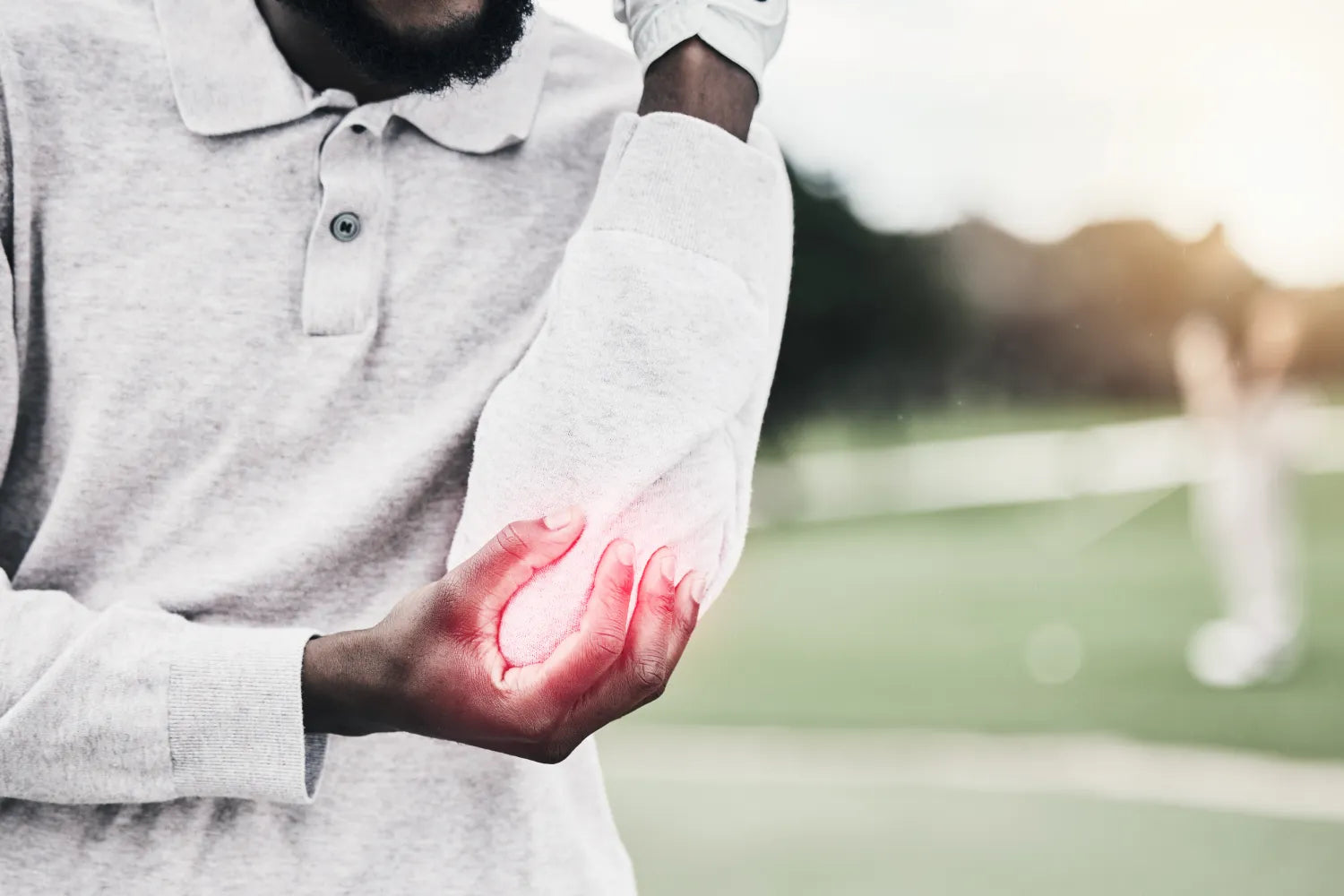
Golfer's elbow, a condition causing pain and discomfort on the inner side of the elbow, isn't exclusive to golfers. Whether you're an avid golfer or engage in activities requiring repetitive arm mo...
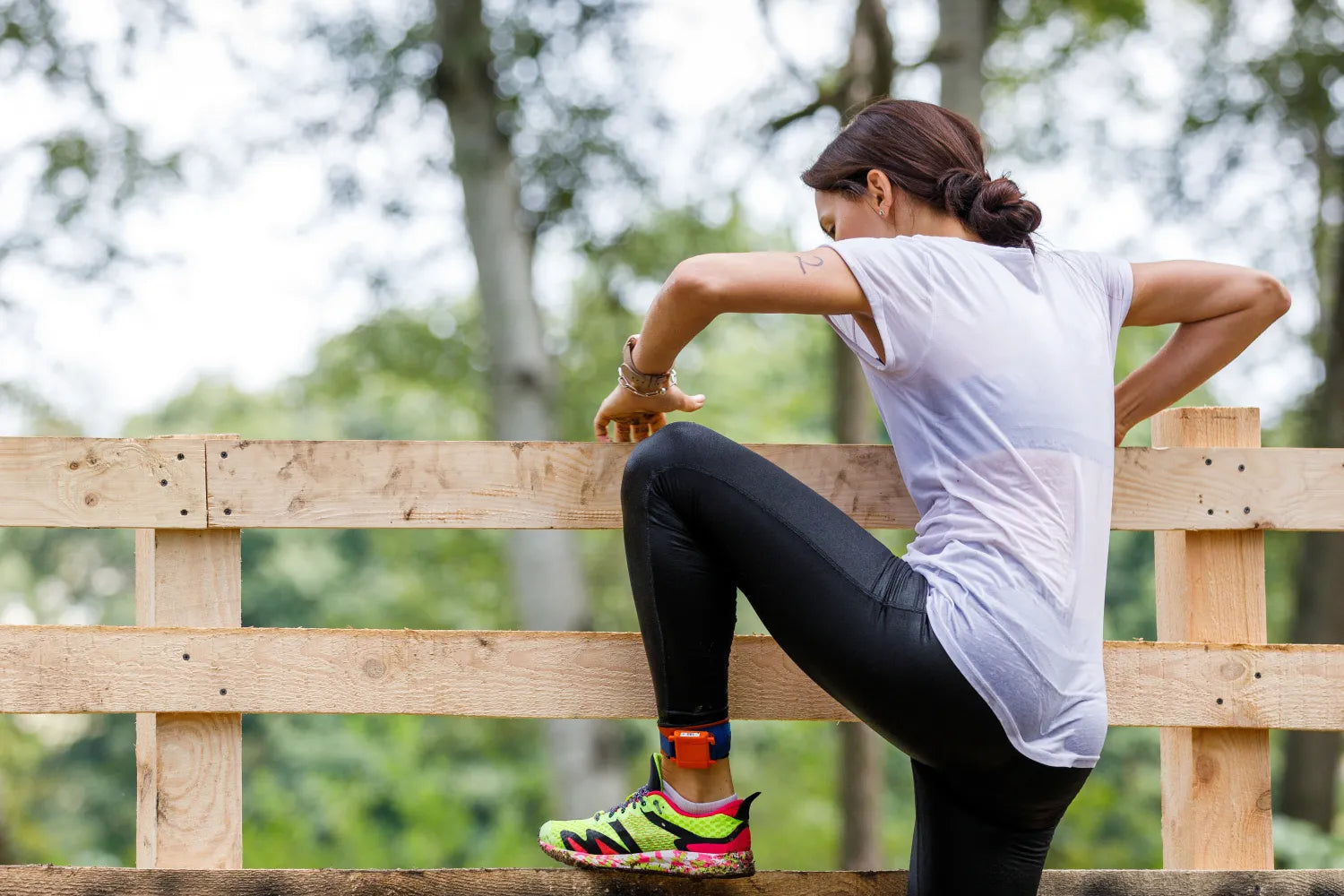
Obstacle Course Racing (OCR) is a new, thrilling, and demanding sport, attracting enthusiasts worldwide. Participants navigate diverse challenges, combining physical prowess and mental resilience, ...

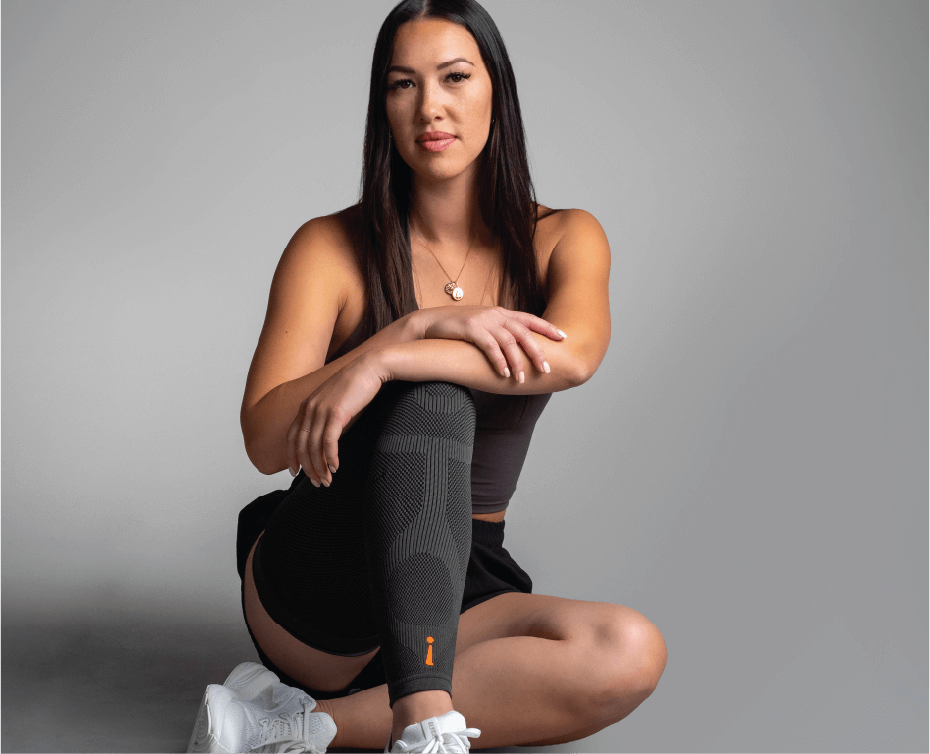

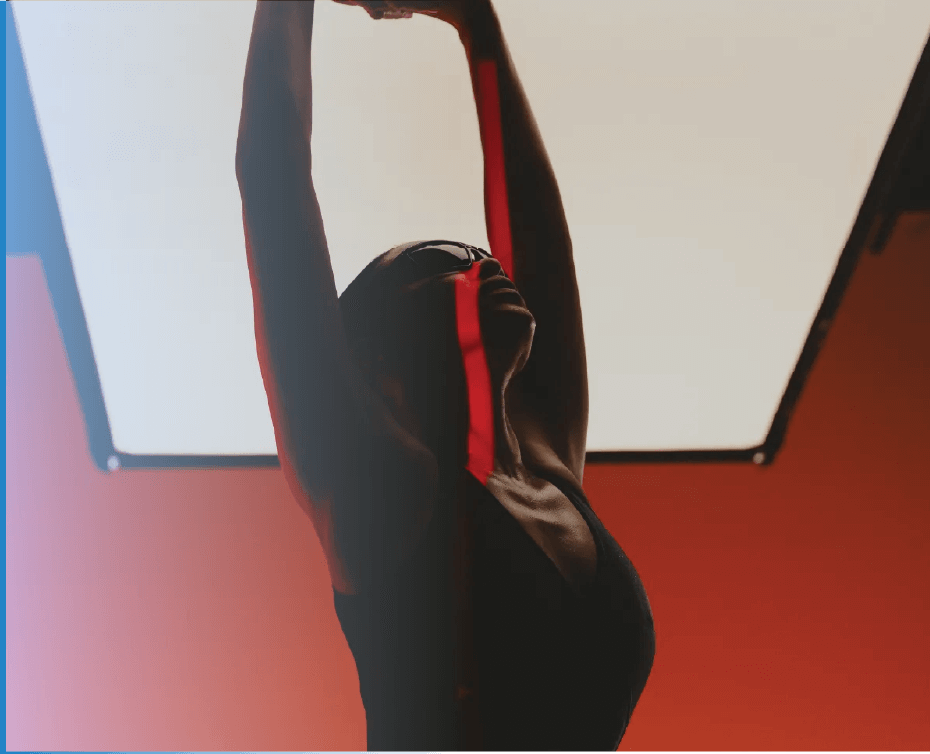
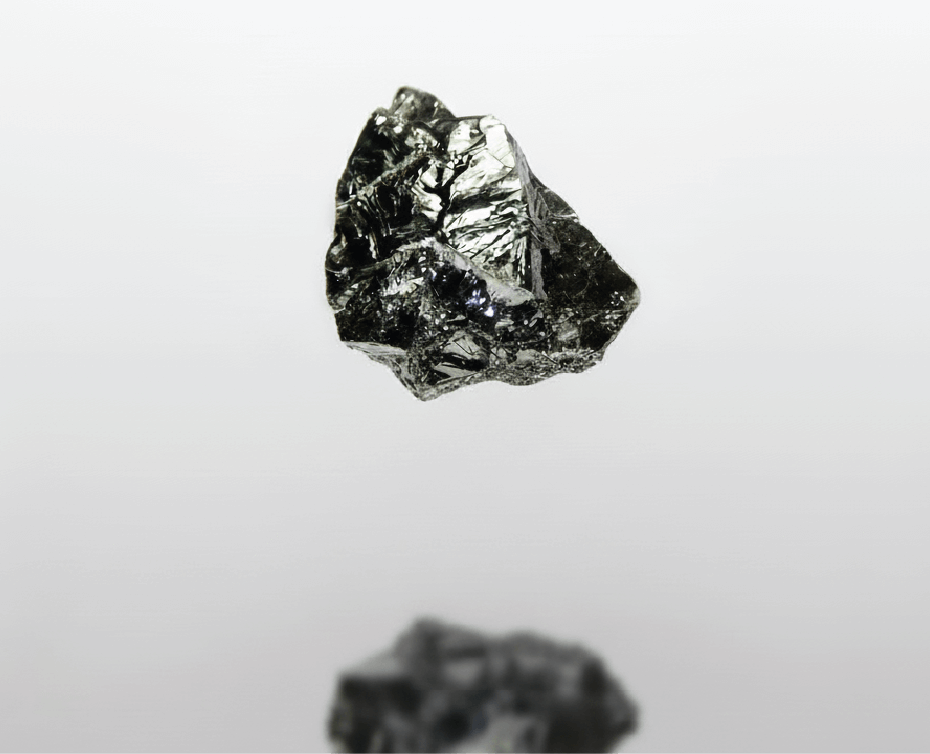
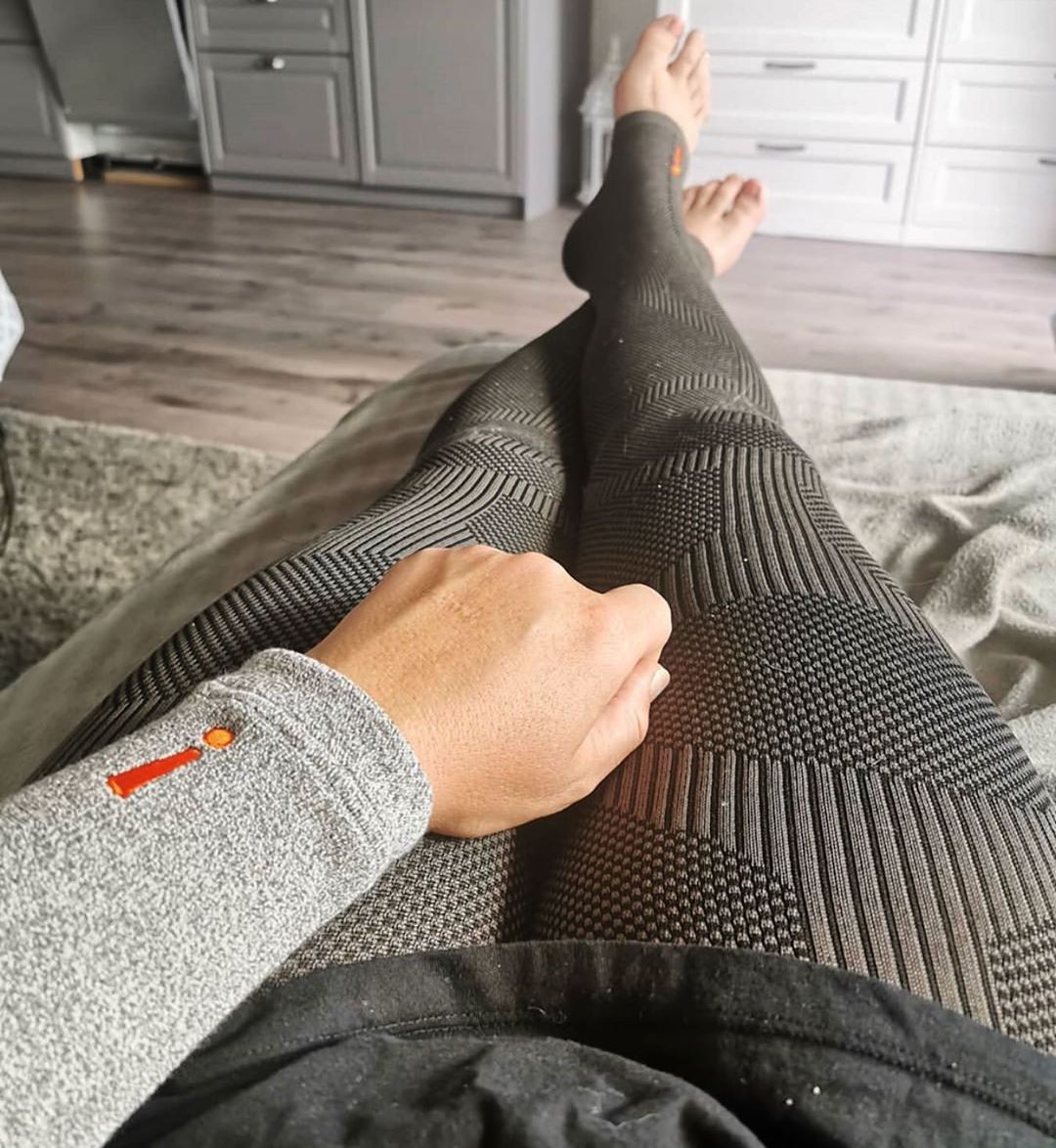
1 comment
Stop emailing me at this address or I will stop buying your stuff
John t Holdorf
Leave a comment
All comments are moderated before being published.
This site is protected by hCaptcha and the hCaptcha Privacy Policy and Terms of Service apply.